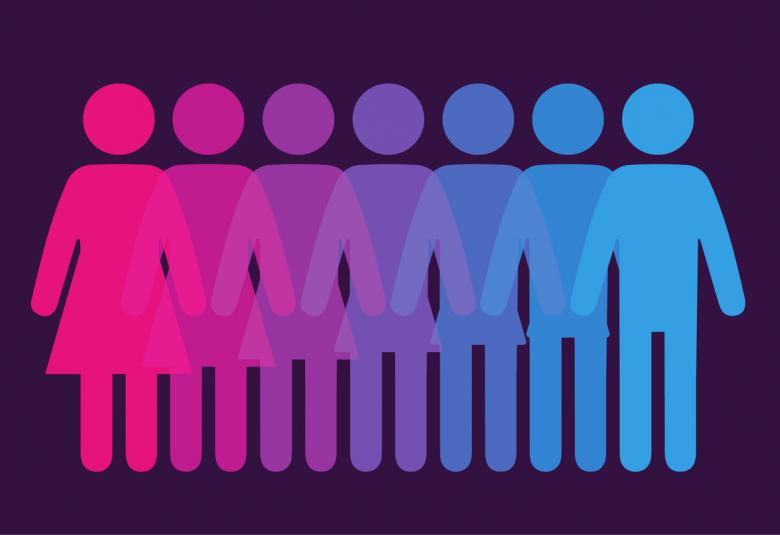At the 30th international CINP congress in Seoul, Korea, we were privileged to speak with Professor Shigeto Yamawaki, President of the CINP, about changes and developments in the field and the value of medical education and knowledge exchange in the future.
Psychiatry is evolving as a profession. The number of patients with mental disorders in all life-cycle phases, from childhood to old age, is increasing all over the world and is responsible for enormous social and economic loss. The expectations for psychiatry as a profession are getting higher.
However, such complex and heterogeneous psychiatric disorders still cannot be classified and diagnosed precisely by diagnostic criteria such as DSM and ICD. Professor Yamawaki encourages us to establish objective diagnosis by utilizing findings of recent brain science research, and develop innovative treatments. If not, the expectation towards psychiatry may turn into disappointment.
The field of psychiatry is developing in a number of areas. Development of contemporary cognitive, affective and social neuroscience using neuroimaging are especially prominent. Molecular target data are being accumulated using genome and epigenome research and proteomics; however, issues such as reproducibility have arisen. In order to elucidate the pathophysiology of complex psychiatric disorders with variant, heterogeneous conditions, and to establish objective diagnosis, we need large cohort studies which have incorporated brain function and biomarker measurements, as well as clinical evaluation.
While there are many hurdles to achieving breakthroughs in our field, the theme of the 30th CINP congress is one to strive for - Innovation Integrated with Neuroscience for Mental Health.
The CINP have made active efforts to accelerate the development of biomarker and objective diagnosis by precompetitive collaboration of public and private institutions - a collaboration of basic and clinical academia, pharmaceutical companies and regulatory agencies.
By applying every brain science approach such as genomics, proteomics and neuroimaging and data analysis techniques, he is confident that we will see breakthroughs in the future.
The full video interview with Professor Yamawaki will be posted on www.progress.im soon. Also, look out for our interview with Professor John Krystal, CINP President Elect, in which we hear about future plans for the CINP as he takes the position of CINP president
Sign up for our newsletter and we will keep you posted.




